
Schellenberg: The Hidden Gem of Liechtenstein
Nestled in the charming microstate of Liechtenstein, Schellenberg offers a unique blend of history, natural beauty, and tranquil rural life. This quaint village is perfect for those looking to escape the hustle and bustle of modern life and immerse themselves in a serene, picturesque setting. Schellenberg is renowned for its rich history, dating back to the Roman times. Visitors can explore the ruins of the ancient Roman fort, which provides a fascinating glimpse into the past. The village is also home to the Schellenberg Castle ruins, a must-visit for history enthusiasts. The castle offers stunning views of the surrounding area and a sense of stepping back in time. Nature lovers will find Schellenberg to be a paradise. The village is surrounded by lush forests and rolling hills, offering plenty of opportunities for hiking and outdoor activities. The well-marked trails provide panoramic views of the Rhine Valley and the Swiss Alps, making it a haven for photographers and nature enthusiasts alike. The local culture in Schellenberg is warm and welcoming. Visitors can enjoy traditional Liechtenstein cuisine at local eateries and experience the village's peaceful atmosphere. Schellenberg is also conveniently located near the capital city of Vaduz, making it an ideal base for exploring the rest of Liechtenstein.
Local tips in Schellenberg
- Visit the Roman fort ruins early in the morning to avoid crowds and enjoy the peaceful surroundings.
- Wear comfortable hiking shoes as the trails around Schellenberg can be steep and uneven.
- Bring a camera to capture the breathtaking views of the Rhine Valley and the Swiss Alps.
- Try the local cuisine at small, family-run eateries for an authentic taste of Liechtenstein.
- Consider staying in Schellenberg as a base for exploring nearby Vaduz and other attractions in Liechtenstein.
Schellenberg: The Hidden Gem of Liechtenstein
Nestled in the charming microstate of Liechtenstein, Schellenberg offers a unique blend of history, natural beauty, and tranquil rural life. This quaint village is perfect for those looking to escape the hustle and bustle of modern life and immerse themselves in a serene, picturesque setting. Schellenberg is renowned for its rich history, dating back to the Roman times. Visitors can explore the ruins of the ancient Roman fort, which provides a fascinating glimpse into the past. The village is also home to the Schellenberg Castle ruins, a must-visit for history enthusiasts. The castle offers stunning views of the surrounding area and a sense of stepping back in time. Nature lovers will find Schellenberg to be a paradise. The village is surrounded by lush forests and rolling hills, offering plenty of opportunities for hiking and outdoor activities. The well-marked trails provide panoramic views of the Rhine Valley and the Swiss Alps, making it a haven for photographers and nature enthusiasts alike. The local culture in Schellenberg is warm and welcoming. Visitors can enjoy traditional Liechtenstein cuisine at local eateries and experience the village's peaceful atmosphere. Schellenberg is also conveniently located near the capital city of Vaduz, making it an ideal base for exploring the rest of Liechtenstein.
When is the best time to go to Schellenberg?
Iconic landmarks you can’t miss
Vaduz Castle
Discover Vaduz Castle, a historic fortress in Liechtenstein offering breathtaking views and rich cultural heritage.
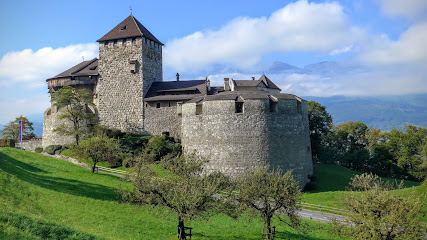
Burg Gutenberg
Discover the historic Burg Gutenberg in Balzers, Liechtenstein — a majestic castle blending rich history with vibrant live music events.
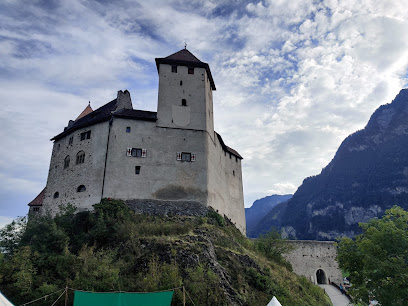
Kunstmuseum Liechtenstein
Explore contemporary art and architecture at Kunstmuseum Liechtenstein, a premier cultural destination in Vaduz, showcasing modern artistic expressions.
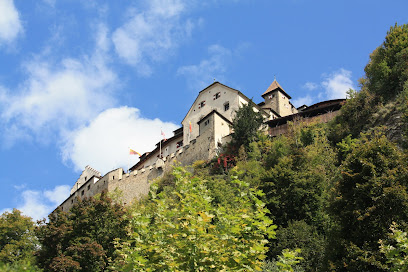
Obere Burg
Discover the historical charm of Obere Burg in Schellenberg, a captivating landmark offering stunning views and rich cultural heritage.
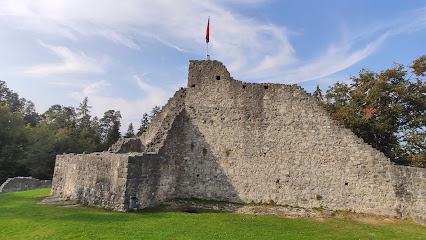
Red House, Vaduz
Discover the Red House in Vaduz, a historical landmark showcasing vibrant architecture and the rich cultural heritage of Liechtenstein.
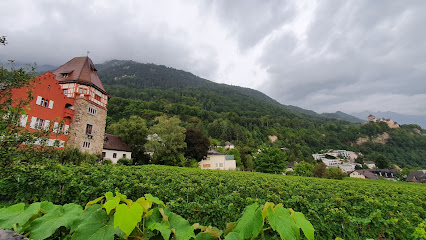
Bed and Breakfast Krone
Experience the warmth of Liechtenstein at Bed and Breakfast Krone, a cozy retreat in the charming village of Schellenberg, offering serene comfort and local hospitality.

Schellenberg Sportplatz
Discover Schellenberg Sportplatz: A scenic athletic field perfect for sports, recreation, and community events in the heart of Liechtenstein.
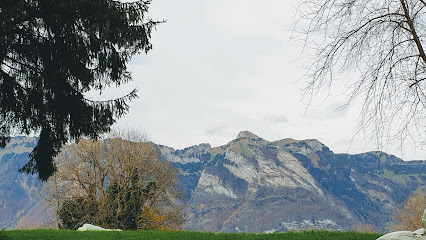
Schatzkammer Liechtenstein
Discover the rich history and cultural treasures of Liechtenstein at the Schatzkammer, Vaduz's premier museum showcasing royal artifacts and art.
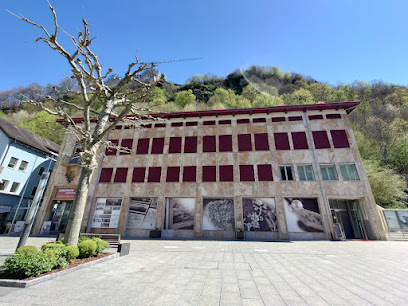
Ruine Alt-Schellenberg (Untere Burg)
Explore Ruine Alt-Schellenberg, a historical landmark in Schellenberg offering stunning views and a peek into medieval heritage.
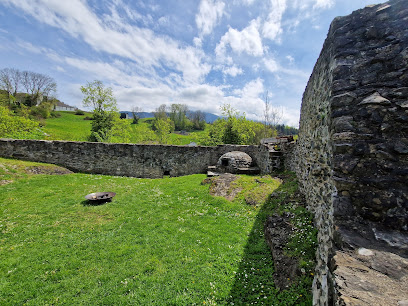
The Princely Liechtenstein Tattoo
Experience the vibrant cultural heritage of Liechtenstein at The Princely Tattoo, where music, tradition, and pageantry come alive in stunning performances.
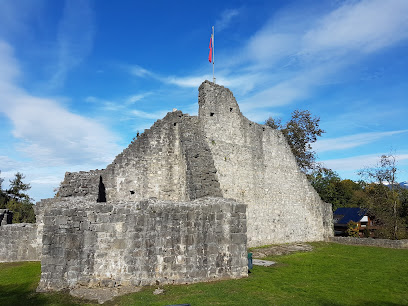
Walsermuseum
Explore the rich cultural heritage of the Walser people at the Walsermuseum in Triesenberg, Liechtenstein, an essential stop for history enthusiasts.
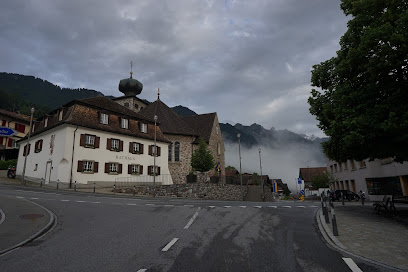
Seinem Grossen Sohne
Discover the charm and history of Vaduz at Seinem Grossen Sohne, a captivating tourist attraction in the heart of Liechtenstein's capital.
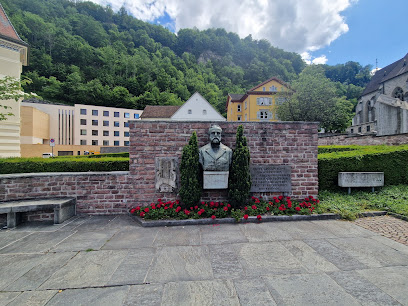
African King
Discover the African King sculpture in Vaduz - a breathtaking blend of art and culture, nestled in the heart of Liechtenstein's capital.
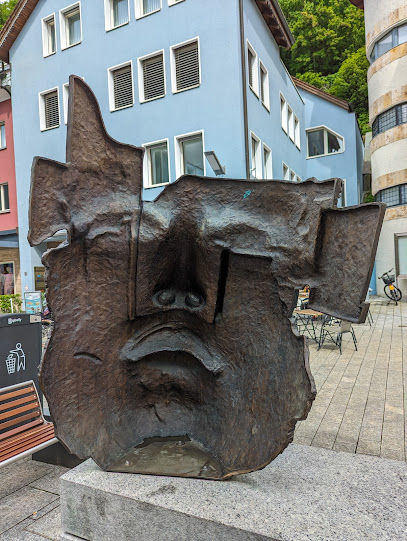
Heerlager zu Schellenberg
Discover the charm of Heerlager zu Schellenberg, a premier event venue in Liechtenstein offering stunning views and exceptional service for all occasions.
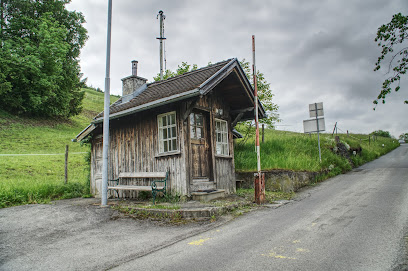
Eschnerberg
Discover the breathtaking beauty of Eschnerberg, a mountain peak in Schellenberg, perfect for nature lovers and adventure seekers alike.

Unmissable attractions to see
Zeppelin Museum Friedrichshafen
Explore the history of airship travel and technology at the Zeppelin Museum, home to the world's largest Zeppelin collection.
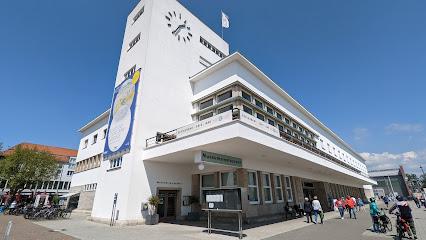
Dornier Museum
Explore 100 years of aviation history at Lake Constance's largest technology museum, showcasing Dornier's pioneering spirit and aerospace innovations.

Lake Constance
Explore the tri-border beauty of Lake Constance: history, nature, and adventure await in this stunning Central European gem.
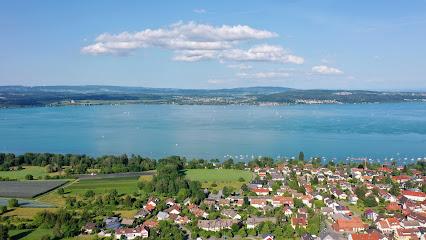
Uferpromenade Friedrichshafen
Stroll along Friedrichshafen's Uferpromenade for stunning Lake Constance views and a taste of the city's vibrant atmosphere.
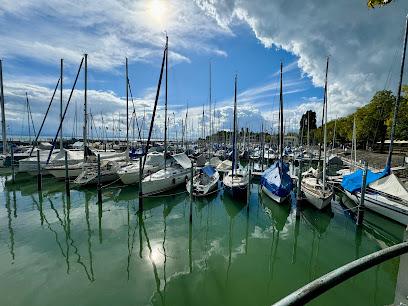
Heididorf
Experience the timeless charm of Heidi's world in the authentic Swiss village of Maienfeld, a delightful journey for all ages.
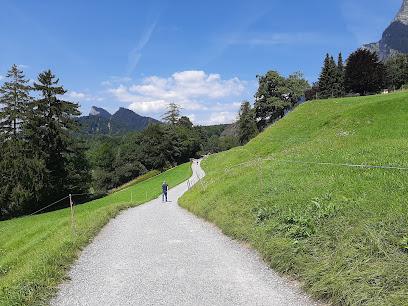
Abbey of Saint Gall
Explore a UNESCO World Heritage site: a stunning Baroque abbey with one of the world's oldest and richest libraries in St. Gallen.
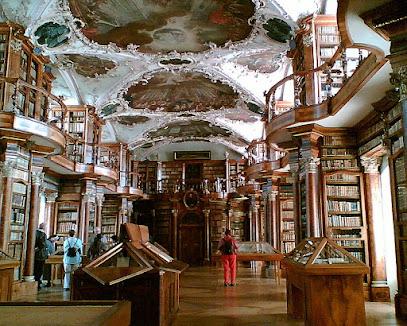
Wildpark Feldkirch
Discover Vorarlberg's wildlife at Wildpark Feldkirch: a free, family-friendly nature experience on the Ardetzenberg, open year-round!
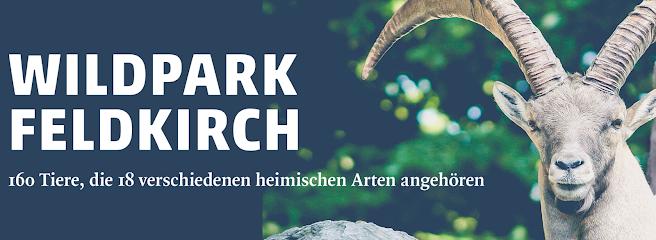
Seebühne Bregenz
Experience world-class opera and theatrical performances on the world's largest floating stage, set on the beautiful Lake Constance.
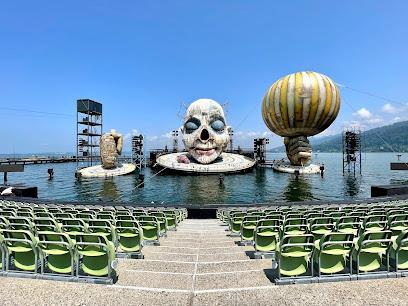
Bregenzer Festspiele
Experience world-class opera on a floating stage with stunning views of Lake Constance at the Bregenzer Festspiele in Bregenz, Austria.
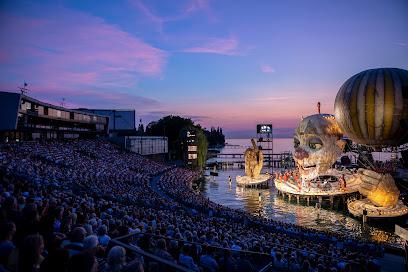
Aescher - Guesthouse on the mountain
Experience Swiss tradition at this historic cliffside guesthouse in the Alpstein mountains, offering breathtaking views and unique culinary delights.
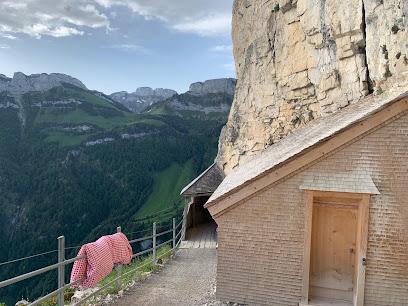
St. Gallen Cathedral
Explore St. Gallen Cathedral, a stunning Baroque masterpiece and UNESCO World Heritage site with rich history and intricate artistry.
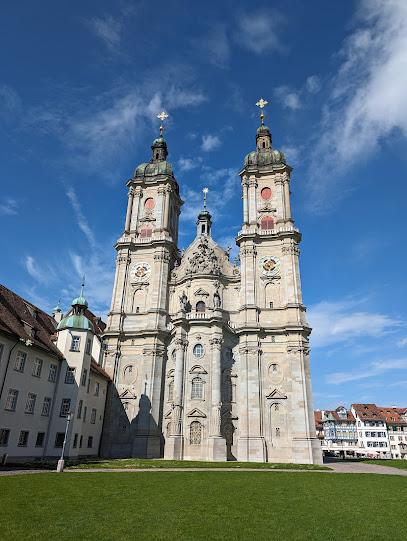
Graf-Zeppelin-Haus
A premier cultural and congress center in Friedrichshafen, hosting diverse events with stunning Lake Constance views.
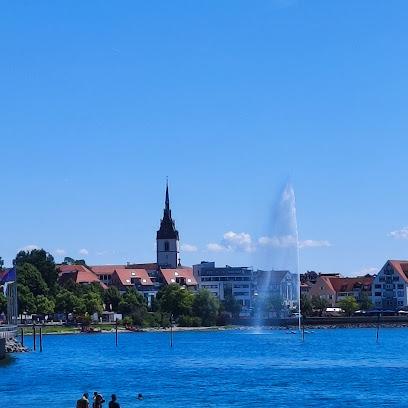
Pfänderbahn
Reach the top of Pfänder Mountain in minutes via the Pfänderbahn for stunning lake and alpine views. A must-see attraction near Bregenz!
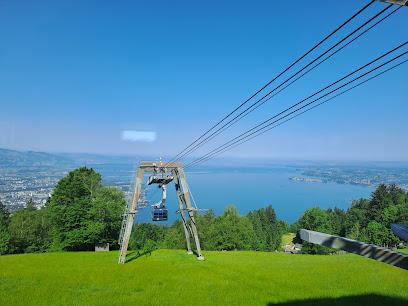
Mangturm
Explore Lindau's historic Mangturm lighthouse, a stunning landmark offering breathtaking views and a glimpse into Bavarian maritime heritage.
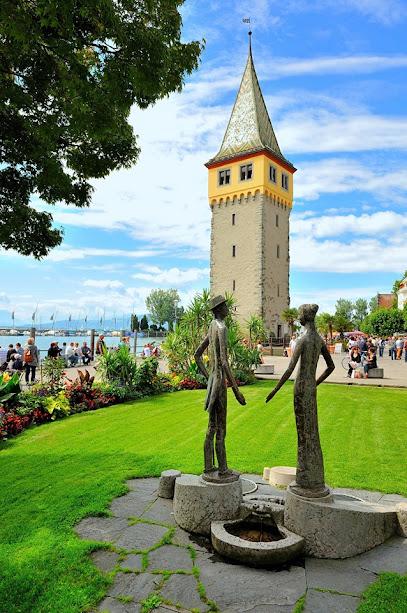
Moleturm
Ascend Friedrichshafen's Moleturm for breathtaking Lake Constance views and a unique perspective on the city's harbor.
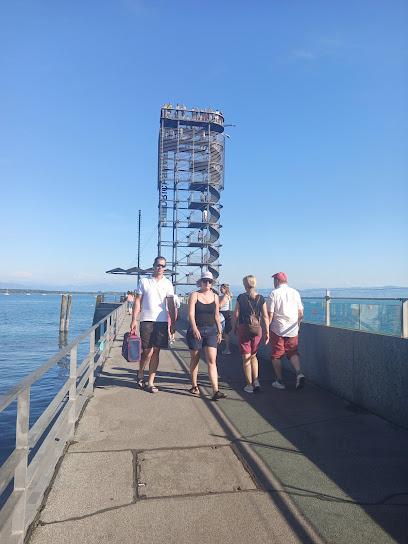
Essential places to dine
TANG
Savor authentic Chinese cuisine at TANG Restaurant in Ruggell—where tradition meets flavor in every dish.
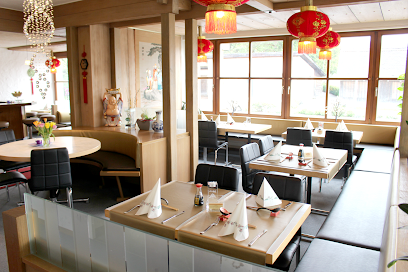
Berggasthaus Masescha
Discover authentic Swiss cuisine at Berggasthaus Masescha while enjoying breathtaking alpine views in Triesenberg.
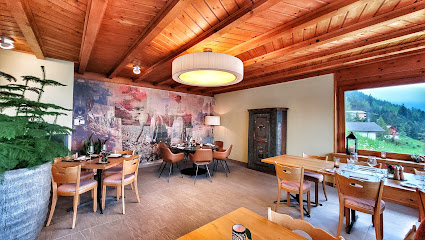
Schlössle Mahal
Experience authentic Indian cuisine at Schlössle Mahal in Vaduz - where vibrant flavors meet warm hospitality.
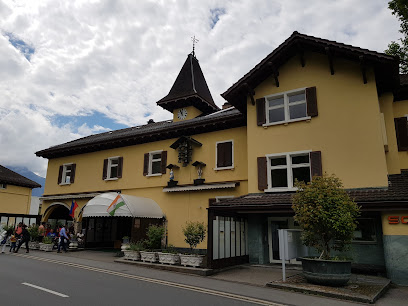
Landgasthof Rössle
Discover authentic Liechtenstein cuisine at Landgasthof Rössle in Ruggell – where local flavors meet warm hospitality.
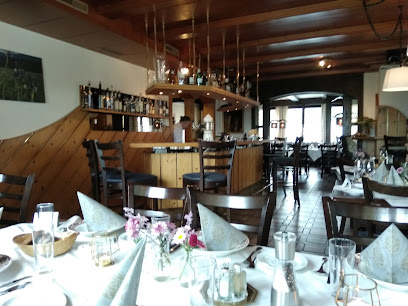
PUR - Restaurant & Bar
Discover exquisite barbecue dining at PUR - Restaurant & Bar in Schaan, where flavors meet elegance in every bite.
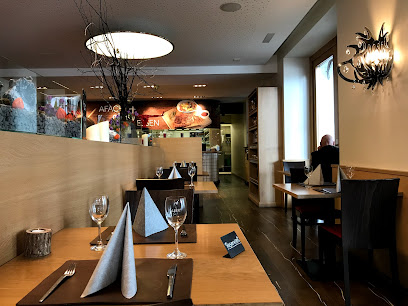
Kainer
Discover Kainer in Triesenberg: A delightful gastropub blending local flavors with modern culinary artistry amid stunning alpine scenery.
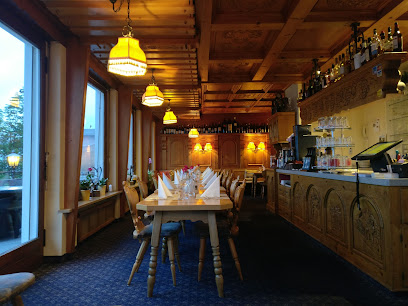
Bangshof Ruggell
Experience exceptional dining at Bangshof Ruggell - where culinary artistry meets elegant event hosting in Liechtenstein.
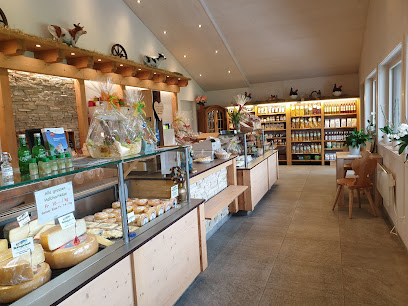
Wirtschaft zum Löwen
Discover authentic Liechtenstein cuisine at Wirtschaft zum Löwen - where tradition meets taste in the heart of Schellenberg.
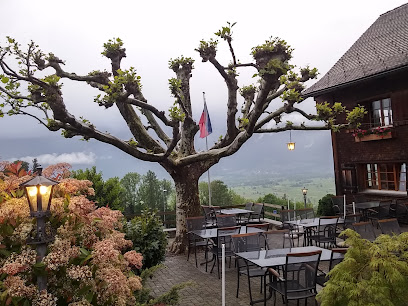
Kokon
Discover Kokon: An authentic Italian restaurant in Ruggell serving delicious dishes crafted from fresh ingredients for a memorable dining experience.
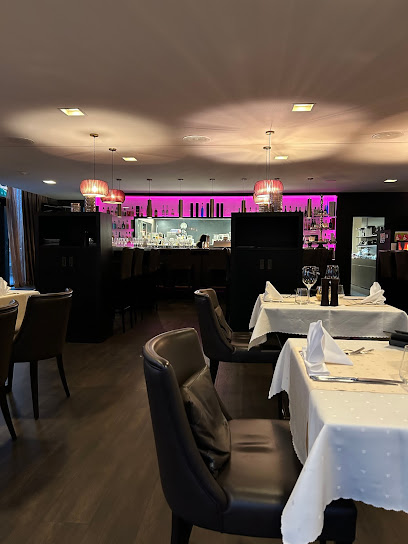
made-in-italy.li
Savor authentic Italian flavors in Vaduz at Made-in-Italy – where every meal is a celebration of culinary artistry.
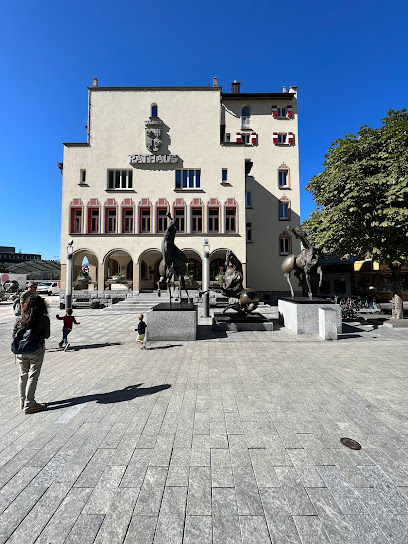
1950 American Diner
Discover classic Americana at the 1950 American Diner in Schaanwald – where nostalgia meets delicious comfort food.
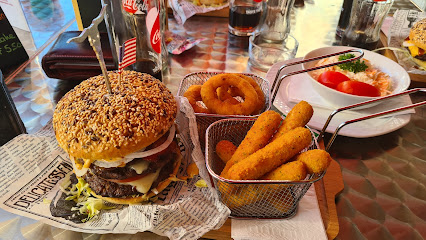
Fago by meier
Experience exquisite fine dining at Fago by Meier in Eschen, where gourmet cuisine meets elegant ambiance for an unforgettable culinary journey.
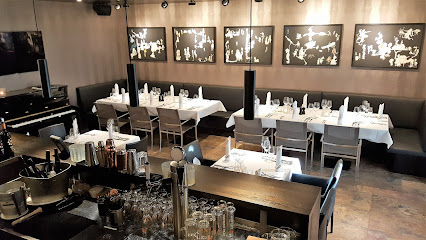
Scanaua Restaurant & Bar
Experience the best of Liechtenstein's cuisine at Scanaua Restaurant & Bar in Schaan - where tradition meets innovation.
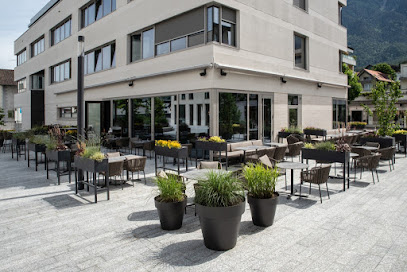
Ristorante Pizzeria Sapori
Experience authentic Italian flavors at Ristorante Pizzeria Sapori in Schaanwald – where every meal feels like a celebration.
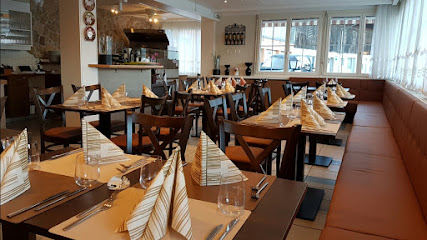
Mai Thai Restaurant
Discover the essence of Thailand at Mai Thai Restaurant in Mauren—where every dish tells a story.
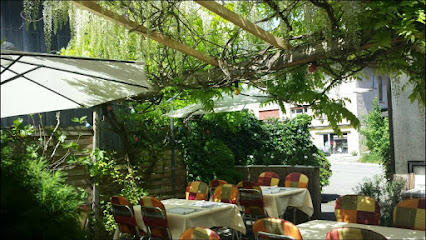
Markets, malls and hidden boutiques
Adi Moto
Explore Liechtenstein on two wheels with Adi Moto - the ultimate motorcycle repair and rental destination in Schellenberg.
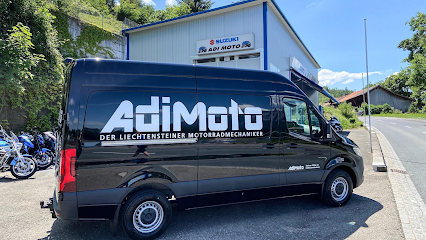
Hoi Liechtenstein - Souvenir Boutique
Explore Hoi Liechtenstein, the ultimate souvenir boutique in Vaduz, offering local gifts, gourmet treats, and fine wines for every traveler.
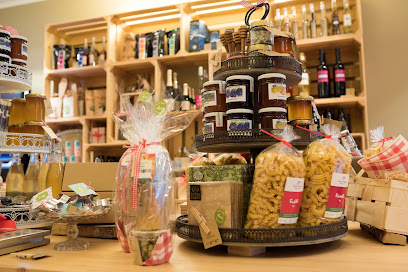
Bärgwelten
Experience the best of Vaduz shopping at Bärgwelten, featuring stylish clothing, accessories, and local liquors that embody Liechtenstein's charm.
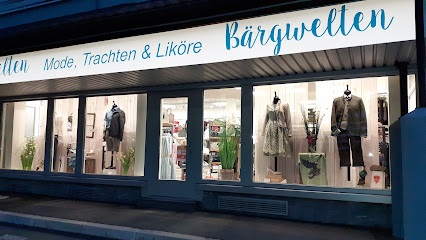
Liechtenkind Naturkosmetik & Handgemachte Naturprodukte
Explore Liechtenkind Naturkosmetik in Gamprin for exquisite handmade natural cosmetics, embodying beauty and sustainability in every product.
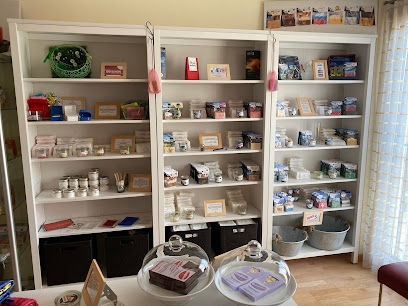
Central Plaza
Discover unique gifts and local crafts at Central Plaza, Vaduz's premier destination for souvenirs and exquisite watches.
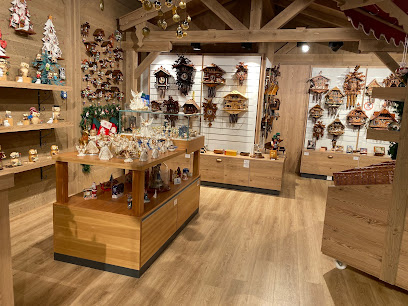
Bimbam.li
Explore Bimbam.li in Mauren for unique gifts and souvenirs that reflect local culture and craftsmanship, perfect for any traveler.
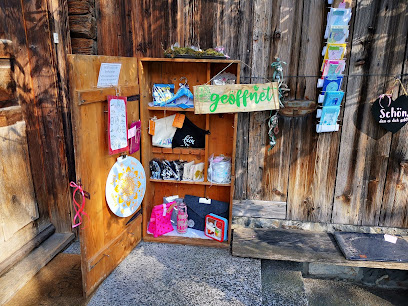
Sparklyn GmbH
Explore Sparklyn GmbH in Ruggell for unique costume jewelry that embodies local artistry and craftsmanship, perfect for every style and occasion.
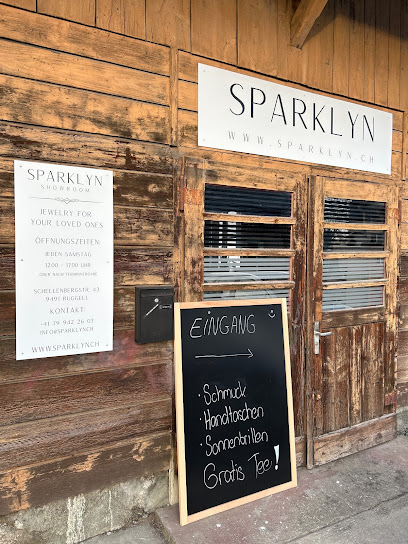
Dunja A. Sprenger - Jones Vaduz
Shop exquisite dresses at Dunja A. Sprenger in Vaduz, where elegance and style meet for every occasion.
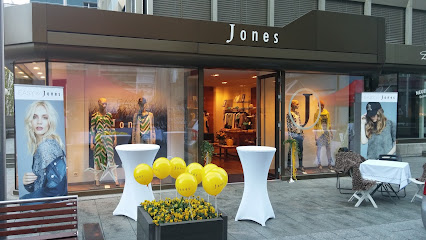
FELIX W. STUDIO Liechtenstein
Discover contemporary men's fashion at FELIX W. STUDIO in Vaduz, Liechtenstein, where style meets sophistication in a charming boutique setting.

Brogle Fashion Est
Explore the exquisite fashion offerings at Brogle Fashion Est in Vaduz – where style meets sophistication and quality.
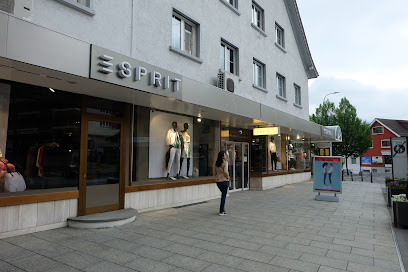
Prima Dorfladen Schellenberg
Explore the local flavors of Liechtenstein at Prima Dorfladen Schellenberg, your go-to grocery store for artisanal products and community charm.
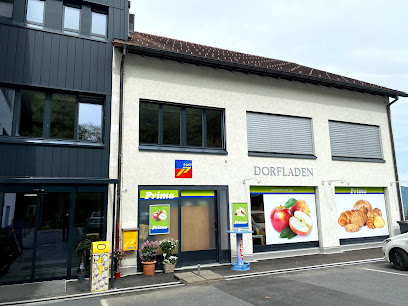
Palmers
Explore luxury lingerie and stylish apparel at Palmers in Vaduz, where elegance meets comfort in every piece.
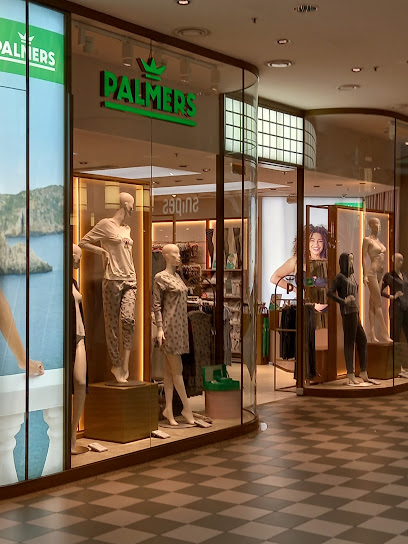
Noser Fashion AG
Explore contemporary style and quality fashion at Noser Fashion AG, Vaduz's premier clothing destination.
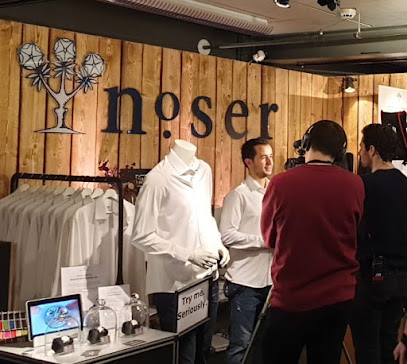
Geschenkartikel La bonboniera
Explore the charm of La Bonboniera, Schaan's premier gift shop for unique souvenirs and local delicacies.
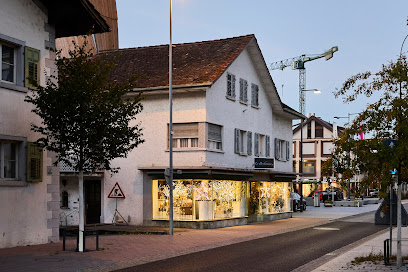
ESPIRIT
Explore the fashion haven of ESPIRIT in Vaduz, where style meets affordability in a chic shopping experience.
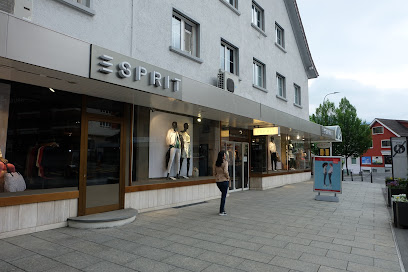
Essential bars & hidden hideouts
Wirtschaft zum Löwen
Experience authentic Liechtenstein cuisine at Wirtschaft zum Löwen in Schellenberg, where local flavors and warm hospitality create unforgettable dining moments.
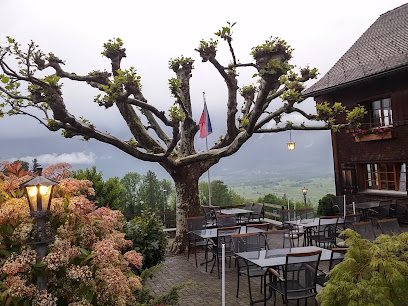
Esquire Bar.Bistro
Discover the vibrant atmosphere and delicious local flavors at Esquire Bar.Bistro, the perfect spot for relaxation in Vaduz.
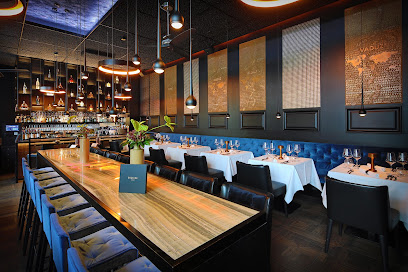
Black Pearl Bar
Discover the vibrant nightlife of Schaan at Black Pearl Bar, a cocktail haven with a lively atmosphere and exquisite drinks.
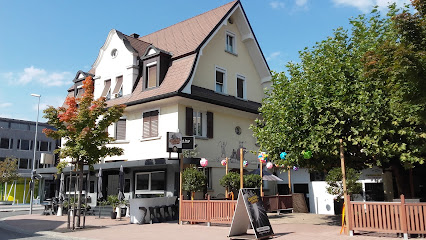
St. Martins Pub am Platz
Discover the vibrant atmosphere of St. Martins Pub am Platz, a cozy Irish pub in Eschen offering delightful food, drinks, and entertainment.
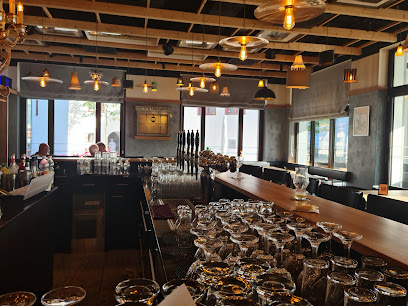
Zwei Bar
Experience the lively atmosphere of Zwei Bar in Vaduz, where local flavors meet vibrant nightlife in a cozy setting.
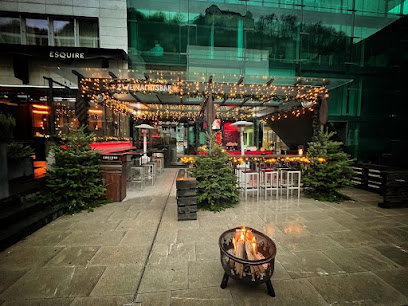
Take 5 Vaduz
Discover the lively bar scene at Take 5 Vaduz, where great drinks and vibrant atmosphere meet in the heart of Triesen.
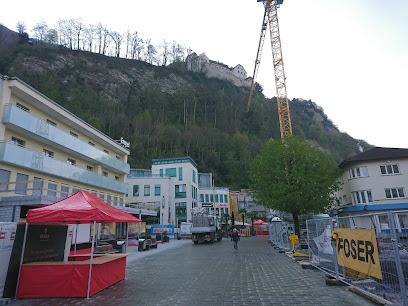
Weinlaube
Discover the flavors of Liechtenstein at Weinlaube, a top-rated restaurant in Schellenberg known for its cozy ambiance and exquisite local cuisine.
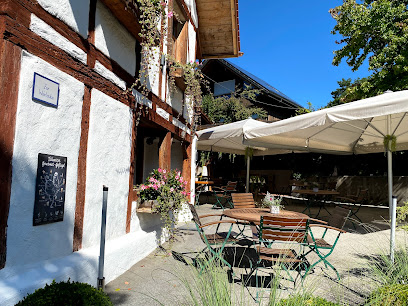
WY Weinbar
Experience the best of wine culture at WY Weinbar in Schaan, where cozy ambiance meets an exquisite selection of wines.
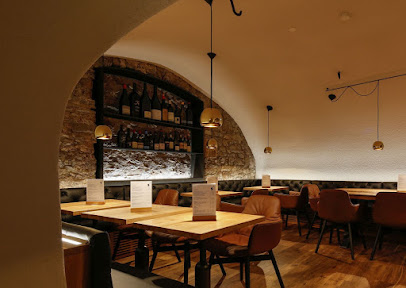
Ethno Cafe Bar
Discover the unique blend of local culture and flavors at Ethno Cafe Bar in Schaanwald, a perfect spot for relaxation and enjoyment.
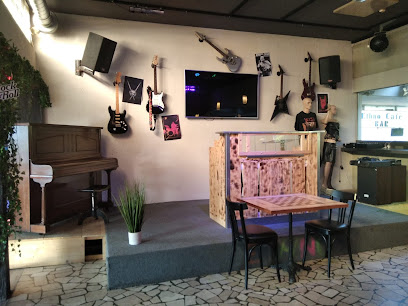
Long John Bar
Discover the vibrant nightlife at Long John Bar in Schaan, where delightful drinks meet a cozy atmosphere for an unforgettable evening.
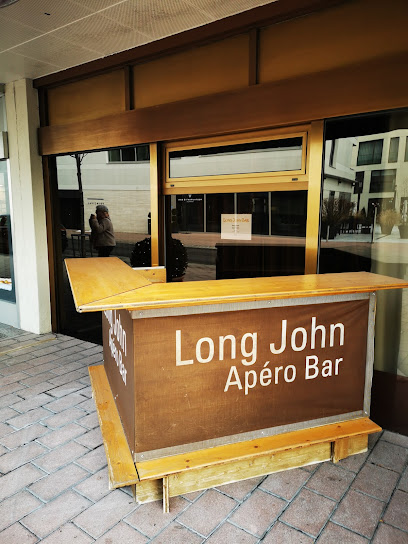
Räbabar
Discover the charm of Räbabar, a cozy bar in Mauren, where local flavor meets a welcoming atmosphere for all visitors.
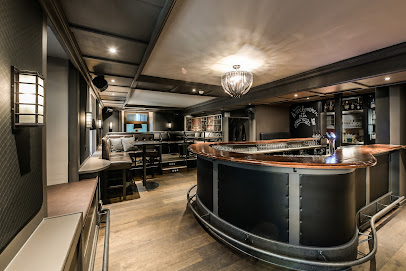
Andy's Bunker
Experience the vibrant atmosphere and unique drink selection at Andy's Bunker, a must-visit bar in Schaan for travelers and locals alike.

Jägerstube Zum Kreuz
Experience the authentic flavors of Liechtenstein at Jägerstube Zum Kreuz, a charming restaurant offering traditional cuisine in a scenic setting.
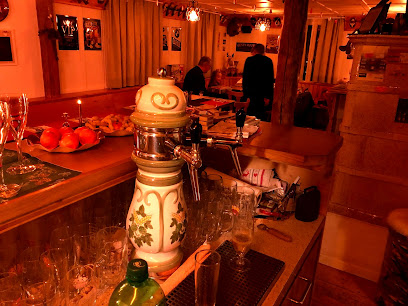
Elch bar
Discover the cozy Elch Bar in Malbun, where warm ambiance meets exceptional drinks and local flavors amidst stunning alpine views.
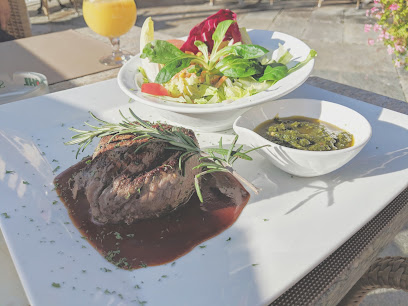
Täli-Bar
Discover Täli-Bar in Malbun: a cozy retreat for tourists to unwind with local drinks and stunning mountain views.
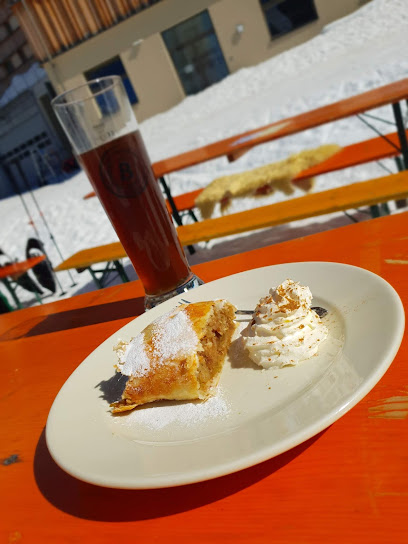
Travel experiences inspired by this city
Explore more travel diariesLocal Phrases
-
- HelloHallo
[ha-lo] - GoodbyeAdieu
[a-dee-uh] - YesJa
[ya] - NoNei
[nay] - Please/You're welcomeBitte
[bi-teh] - Thank youDanke
[dahn-kuh] - Excuse me/SorryEntschuldigung
[ent-schul-di-gung] - How are you?Wie geht es dir?
[vee geh-t es deer] - Fine. And you?Gut. Und dir?
[goot oond deer] - Do you speak English?Sprichst du Englisch?
[shprichst doo eng-lish] - I don't understandIch verstehe nicht
[ikh fer-shtay-uh nikht]
- HelloHallo
-
- I'd like to see the menu, pleaseIch möchte bitte die Speisekarte sehen
[ikh merkh-teh bi-teh dee shpahy-zuh-kar-teh zay-en] - I don't eat meatIch esse kein Fleisch
[ikh es-suh kine flysh] - Cheers!Zum Wohl!
[tzoom vol] - I would like to pay, pleaseIch möchte bitte zahlen
[ikh merkh-teh bi-teh tsah-len]
- I'd like to see the menu, pleaseIch möchte bitte die Speisekarte sehen
-
- Help!Hilfe!
[hil-feh] - Go away!Geh weg!
[gay vehg] - Call the Police!Rufen Sie die Polizei!
[roo-fen zee dee poh-lee-tsai] - Call a doctor!Rufen Sie einen Arzt!
[roo-fen zee i-nen ahr-ts] - I'm lostIch bin verloren
[ikh been fer-loh-ren] - I'm illIch bin krank
[ikh been krahngk]
- Help!Hilfe!
-
- I'd like to buy...Ich möchte ... kaufen
[ikh merkh-teh ... kow-fen] - I'm just lookingIch schaue nur
[ikh shou-eh noor] - How much is it?Wie viel kostet es?
[vee feel koh-stet es] - That's too expensiveDas ist zu teuer
[dahs ist tsoy toy-er] - Can you lower the price?Können Sie den Preis senken?
[kern-en zee den prees zeng-ken]
- I'd like to buy...Ich möchte ... kaufen
-
- What time is it?Wie spät ist es?
[vee shpayt ist es] - It's one o'clockEs ist ein Uhr
[es ist ine oor] - Half past (10)Halb zehn
[halb tsayn] - MorningMorgen
[mohr-gen] - AfternoonNachmittag
[nahkh-mit-tahk] - EveningAbend
[ah-bent] - YesterdayGestern
[ges-tern] - TodayHeute
[hoy-teh] - TomorrowMorgen
[mohr-gen] - 1Eins
[ines] - 2Zwei
[tsvai] - 3Drei
[drei] - 4Vier
[feer] - 5Fünf
[foonf] - 6Sechs
[zeks] - 7Sieben
[zee-ben] - 8Acht
[ahkt] - 9Neun
[noyn] - 10Zehn
[tsayn]
- What time is it?Wie spät ist es?
-
- Where's a/the...?Wo ist ein/der...?
[vo ist ine/der] - What's the address?Was ist die Adresse?
[vas ist dee ah-dre-seh] - Can you show me (on the map)?Können Sie mir das zeigen (auf der Karte)?
[kern-en zee meer dahs tsie-gen (ouf der kar-teh)] - When's the next (bus)?Wann kommt der nächste (Bus)?
[vann komt der ner-khs-teh (boos)] - A ticket (to ....)Eine Fahrkarte (nach ....)
[i-neh fahr-kar-teh (nahkh)]
- Where's a/the...?Wo ist ein/der...?
History of Schellenberg
-
Schellenberg, nestled in the northern part of Liechtenstein, boasts a history that stretches back to the Roman era. Archaeological finds, including remnants of Roman villas and artifacts, indicate that the area was inhabited and influenced by Roman settlers. These early settlements laid the foundation for the development of the region.
-
During the Middle Ages, Schellenberg emerged as a significant territory within the Holy Roman Empire. The region was first mentioned in historical documents in 1317. The construction of the Upper and Lower Castles of Schellenberg in the 12th and 13th centuries respectively, marked the area's importance as a defensive and administrative center.
-
In the early 17th century, the Liechtenstein family, seeking to consolidate their power and influence, purchased the Lordship of Schellenberg in 1699. This acquisition was crucial as it paved the way for the creation of the Principality of Liechtenstein. The purchase of Schellenberg, followed by the acquisition of the County of Vaduz, allowed the Liechtenstein family to gain a seat in the Imperial Diet.
-
The Napoleonic Wars brought significant changes to the political landscape of Europe. In 1806, Schellenberg, along with the rest of Liechtenstein, became part of the Confederation of the Rhine under the protection of Napoleon. This period marked the end of the Holy Roman Empire and led to Liechtenstein's increased sovereignty and independence.
-
In the 20th and 21st centuries, Schellenberg has evolved from its historical roots to become a peaceful residential area with a rich cultural heritage. The preservation of historical sites, such as the ruins of the Upper and Lower Castles and the ancient Roman artifacts, continues to attract historians and tourists alike. The village hosts various cultural events and traditional festivals that celebrate its rich history and community spirit.
Schellenberg Essentials
-
Schellenberg is located in the northern part of Liechtenstein. The nearest major airport is Zurich Airport (ZRH) in Switzerland, approximately 110 kilometers away. From Zurich, you can take a train to Sargans, Switzerland, and then a bus to Vaduz, the capital of Liechtenstein. From Vaduz, local buses or taxis can take you to Schellenberg. Alternatively, if you are driving, the A13 motorway in Switzerland provides a direct route to Liechtenstein.
-
Schellenberg is a small town, and many of its attractions are within walking distance. Public buses operated by Liemobil connect Schellenberg with other parts of Liechtenstein and offer a convenient way to explore the area. Taxis are also available, though they can be more expensive. Renting a car is a good option if you plan to explore the surrounding regions at your own pace.
-
The official currency in Liechtenstein is the Swiss Franc (CHF). Credit cards are widely accepted in hotels, restaurants, and shops. ATMs are available for cash withdrawals, but it is advisable to carry some cash, especially for small purchases or in rural areas. Euros are also accepted in some places, but the exchange rate may not be favorable.
-
Schellenberg is generally a very safe destination with low crime rates. However, it is always wise to take standard precautions such as safeguarding your belongings and being aware of your surroundings. There are no specific high-crime areas targeting tourists, but it is always best to remain vigilant, particularly in crowded places.
-
In case of emergency, dial 112 for immediate assistance. The local police and medical facilities are equipped to handle emergencies. It is recommended to have travel insurance that covers medical emergencies. For minor health issues, pharmacies in nearby towns can provide over-the-counter medications.
-
Fashion: Do dress modestly, especially when visiting religious sites. Avoid overly revealing clothing. Religion: Do respect local customs and traditions, and be mindful when visiting churches. Public Transport: Do give up your seat to elderly passengers and avoid eating or drinking on public transport. Greetings: Do greet people with a handshake or a polite nod. Eating & Drinking: Do try local specialties and be gracious when offered food or drink. Don’t refuse hospitality, as it is considered impolite.
-
To experience Schellenberg like a local, visit the historical ruins of the Schellenberg Castles and the Biedermann House Museum. Engage with locals, who are often friendly and willing to share stories about the town’s rich history and culture. Don't miss the stunning views of the Rhine Valley from the various hiking trails around the area. For a unique experience, attend local festivals and events which provide an authentic taste of Liechtenstein's traditions.
Trending Landmark in Schellenberg
-
Vaduz Castle
-
Burg Gutenberg
-
Kunstmuseum Liechtenstein
-
Obere Burg
-
Red House, Vaduz
-
Bed and Breakfast Krone
-
Schellenberg Sportplatz
-
Schatzkammer Liechtenstein
-
Ruine Alt-Schellenberg (Untere Burg)
-
The Princely Liechtenstein Tattoo
-
Walsermuseum
-
Seinem Grossen Sohne
-
African King
-
Heerlager zu Schellenberg
-
Eschnerberg
Nearby Cities to Schellenberg
-
Things To Do in Ruggell
-
Things To Do in Mauren
-
Things To Do in Eschen
-
Things To Do in Gamprin
-
Things To Do in Schaan
-
Things To Do in Vaduz
-
Things To Do in Triesenberg
-
Things To Do in Balzers
-
Things To Do in Dornbirn
-
Things To Do in Bregenz
-
Things To Do in Arosa
-
Things To Do in Davos
-
Things To Do in St. Anton am Arlberg
-
Things To Do in Zurich
-
Things To Do in St. Moritz









